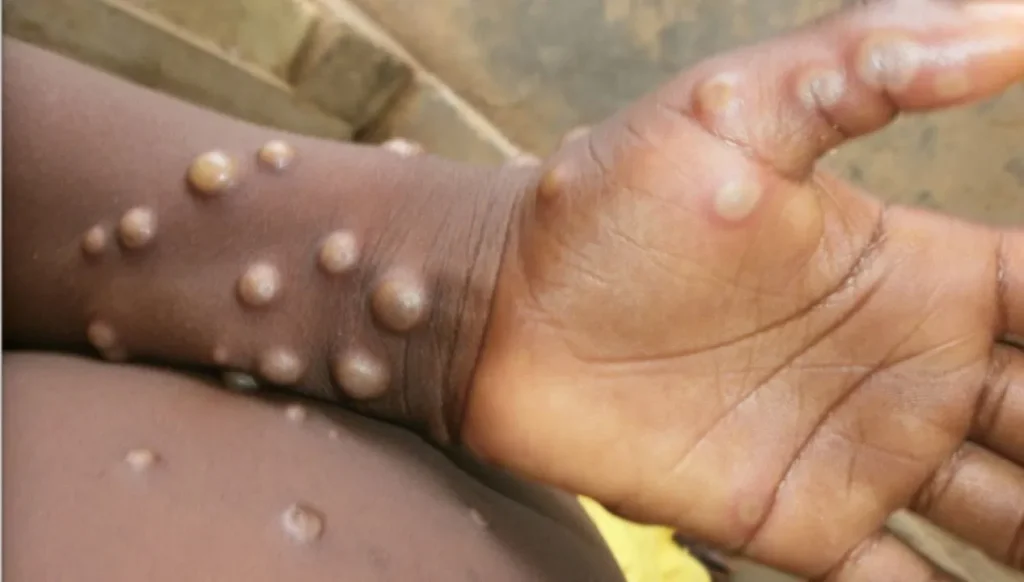Context:
The World Health Organization (WHO) has declared mpox a public health emergency of international concern (PHEIC) for the second time in two years.
More on the News:
- This declaration was made after an urgent meeting of the International Health Regulations (IHR) Emergency Committee, which reviewed the escalating situation of mpox, particularly in the Democratic Republic of the Congo (DRC) and other African countries.
- WHO reported 208 fatalities and over 99,000 mpox cases across 116 nations between January 2022 and June 2024.
- Africa CDC declared mpox outbreaks a public health emergency earlier this week, with a death toll exceeding 500.
About Mpox:
- Mpox, formerly known as monkeypox, caused by an Orthopoxvirus was first identified in humans in the DRC in 1970.
- It is a zoonotic virus, meaning it can spread from animals to humans. Transmission occurs through direct contact with infected animals, humans, or contaminated materials.
- Mpox are two subtypes of the virus: clade I (more lethal) and clade II (less severe)
- It generally presents with mild symptoms but can be fatal in rare cases.
- The disease manifests with flu-like symptoms and pus-filled lesions on the skin.
Historical Context and Current Situation
- This is the second time in two years that mpox has been declared a PHEIC.
- In July 2022, a multi-country outbreak was declared a PHEIC due to the virus’s spread via sexual contact in countries where it had not previously been observed.
- However, the situation in the DRC has worsened, with over 15,600 cases and 537 deaths reported so far in 2024, surpassing the total number of cases reported in 2023.
- The emergence of Clade 1b has particularly alarmed health authorities, as it has spread to Burundi, Kenya, Rwanda, and Uganda, countries that had not previously reported mpox cases.
WHO Response and Funding Requirements:
- WHO anticipates an immediate funding requirement of an initial US$ 15 million to support surveillance, preparedness, and response activities.
- Two vaccines are currently in use for mpox, recommended by WHO’s Strategic Advisory Group of Experts on Immunization (SAGE). These vaccines are also approved by national regulatory authorities in affected countries, including Nigeria and the DRC.
PHEIC
A PHEIC is defined under the IHR (2005) as an extraordinary event that poses a public health risk through the international spread of disease and may require a coordinated global response. The criteria for declaring a PHEIC include:
- The situation being serious, sudden, unusual, or unexpected.
- The public health implications extending beyond the affected country’s borders.
- The potential need for immediate international action.
Under the 2005 IHR, states have a legal duty to respond promptly to a PHEIC.
- Six events were declared PHEIC between 2007 and 2020:
- H1N1 influenza pandemic, (2009)
- Ebola (2013-15, 2018-20)
- Poliomyelitis (2014-present)
- Zika (2016)
- COVID-19 (2020-present).

